ChatGPT: The Future or a Fad?
Is ChatGPT the future? Are artificial intelligences going to leave us all unemployed? Let’s take a look.
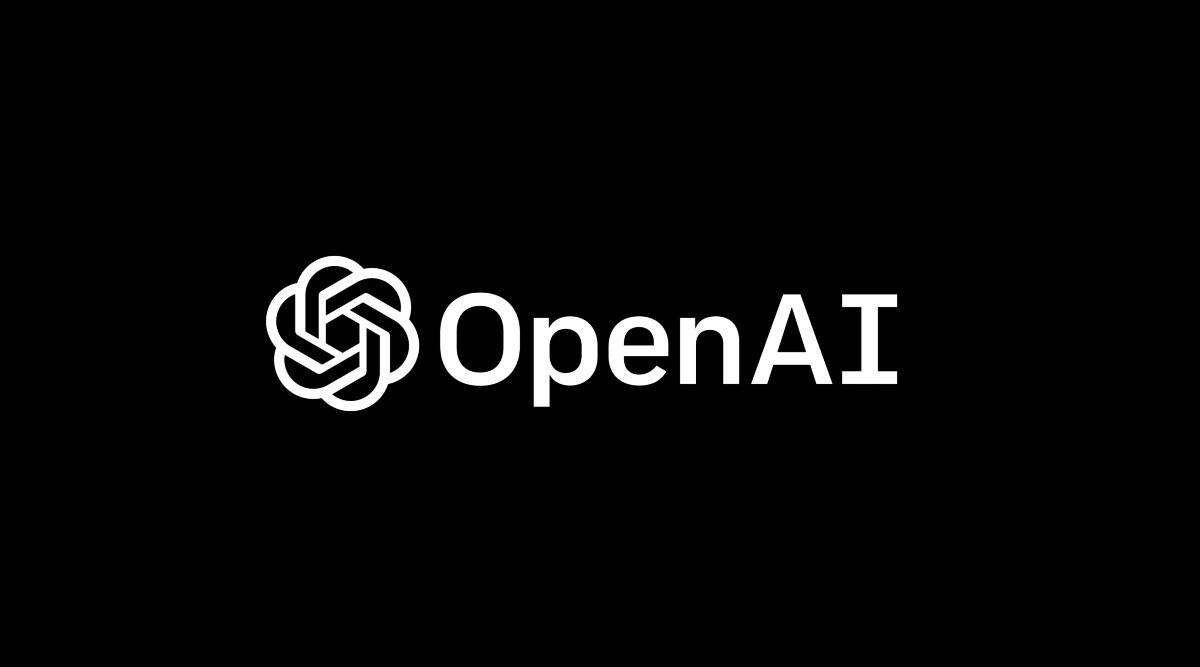
Everyone's talking about ChatGPT. LinkedIn is awash with freelance copywriters being told their services are no longer required or – even worse – being told they'll now only be needed to rewrite the copy the AI produces (for far less money than before, of course). Businesses are scrambling to work out how they can integrate it into their work streams.
But just what is ChatGPT? Is it reliable? Is it the future? And does it signal the end of the copywriter forever?
To find out more about what ChatGPT actually is, who better to ask than ChatGPT itself?
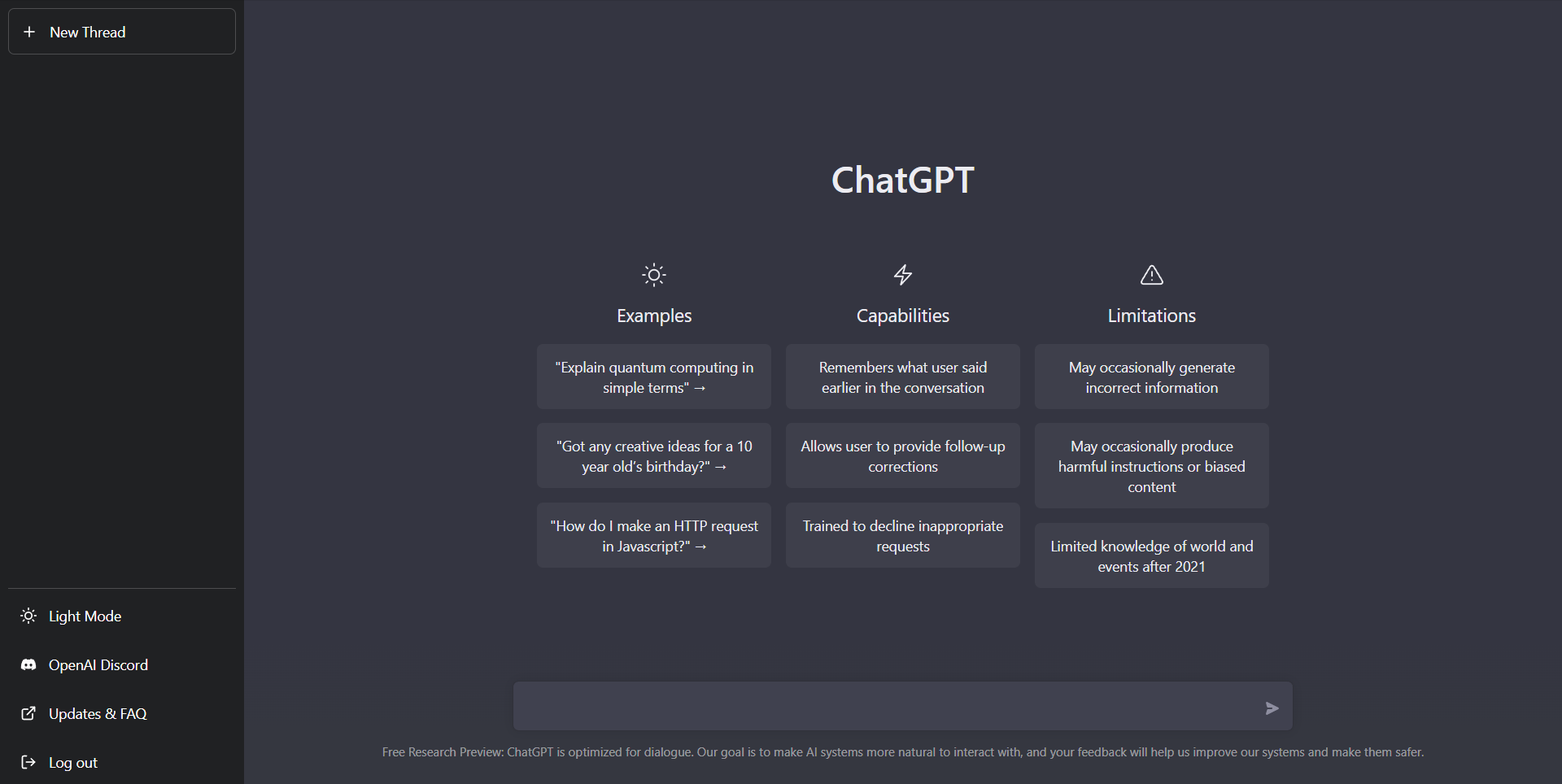
It told me, "I am an artificial intelligence assistant trained by OpenAI to help answer questions and provide general information on a wide range of topics. I am not a real person but a program designed to simulate conversation and provide helpful information to people who interact with me."
Ironically, that's not particularly informative.
Basically, it's a chatbot on steroids. Chatbots as a concept have been around for decades. We're all familiar with trying to query something on a utility bill, only to end up in an endless loop of "helpful AI assistants" asking us to answer questions so they can help us more fully. The difference with ChatGPT is that it runs on something called GPT-3, which stands for Generative Pre-Trained Transformer 3. It uses something called 'deep learning' – a form of artificial neural network which has the ability to study large quantities of data and pull concepts and probabilistic interpretations from them. What GPT-3 specifically has done is expand the size and scale of the system's ability to process and store data, likely helped by the fact that Microsoft invested a billion dollars into the system a few years ago. It can produce extremely convincing text. It's fluent, it can appear to be genuinely creative and shows a lot of the hallmarks of human writing.
Once you get past the initial shock of just how slick the system is – and it's very slick- you realise that it's not that surprising. After all, it's precisely what the model is designed to do. By being able to learn from such a vast amount of human writing and apply context to it, all it actually has to do is suggest the most appropriate next word. If I said to you, "Little Miss Muffet sat on a tuffet", you'd likely be able to finish the rhyme. In simplified terms, that's all ChatGPT is doing. It's just made a huge step up in terms of being able to present this information back to you with context, or in different formats.
It's still quite easy to break the system as well, as it's evidently not hooked up to an up-to-date information repository (not that it claims to be). For example, I asked it how many goals Alan Shearer had scored for Newcastle in all competitions. It incorrectly returned only his 148 Premier League goals. It insisted this was how many goals he had scored for Newcastle in all competitions (the correct answer is 206). I tried to inform ChatGPT of its mistake, but it crashed and refused to talk to me anymore. That bit was very human...

And it's the confidence with which ChatGPT can present demonstrably incorrect information that makes it quite dangerous for mass adoption at the moment. You can't simply lift a 1000-word blog you've had it produce and publish it without fact-checking. Additionally, even if it does produce an accurate document, there are already third party tools to detect accurately whether text has likely been written by ChatGPT. If a third party developer can put that together over a weekend, you can bet Google are all over it, so don't expect AI-generated content to propel you up the search rankings. In fact, you run the risk of penalties in future updates.
OpenAI are also at pains to state that it's not so accurate with recent events (post-2021). It still states, for example, that Rishi Sunak is the Chancellor of the Exchequer for the United Kingdom. In fairness to ChatGPT, most real people can't keep up with the merry-go-round of British politics, so I might go easy on it in this instance.
Whilst it's undoubtedly impressive, it's clearly still a work in progress. Supposedly an upgraded GPT-4 model is coming next year, which will upscale the amount of material the system can learn from by 50X. At that point, it's entirely possible that the information will be much more up-to-date, and potentially more accurate.
So, with that in mind, are ChatGPT and systems like it on an inexorable march into our future? Are they going to replace writers? Might they even replace artists and graphic designers?
I think we're a long way from that.
Firstly, at the moment, this is just a predictive model. The system might be able to present ideas from its contextual understanding and even present them back in apparently innovative ways. What it cannot do is genuinely innovate. It cannot use personal experience to craft a genuinely original story. It cannot feel or express emotion. Without those key abilities, the system is a very long way away from replacing human copywriters. It might be able to rap Romeo and Juliet, but it certainly can't write the story of your first heartbreak as a tear-jerking love novel.
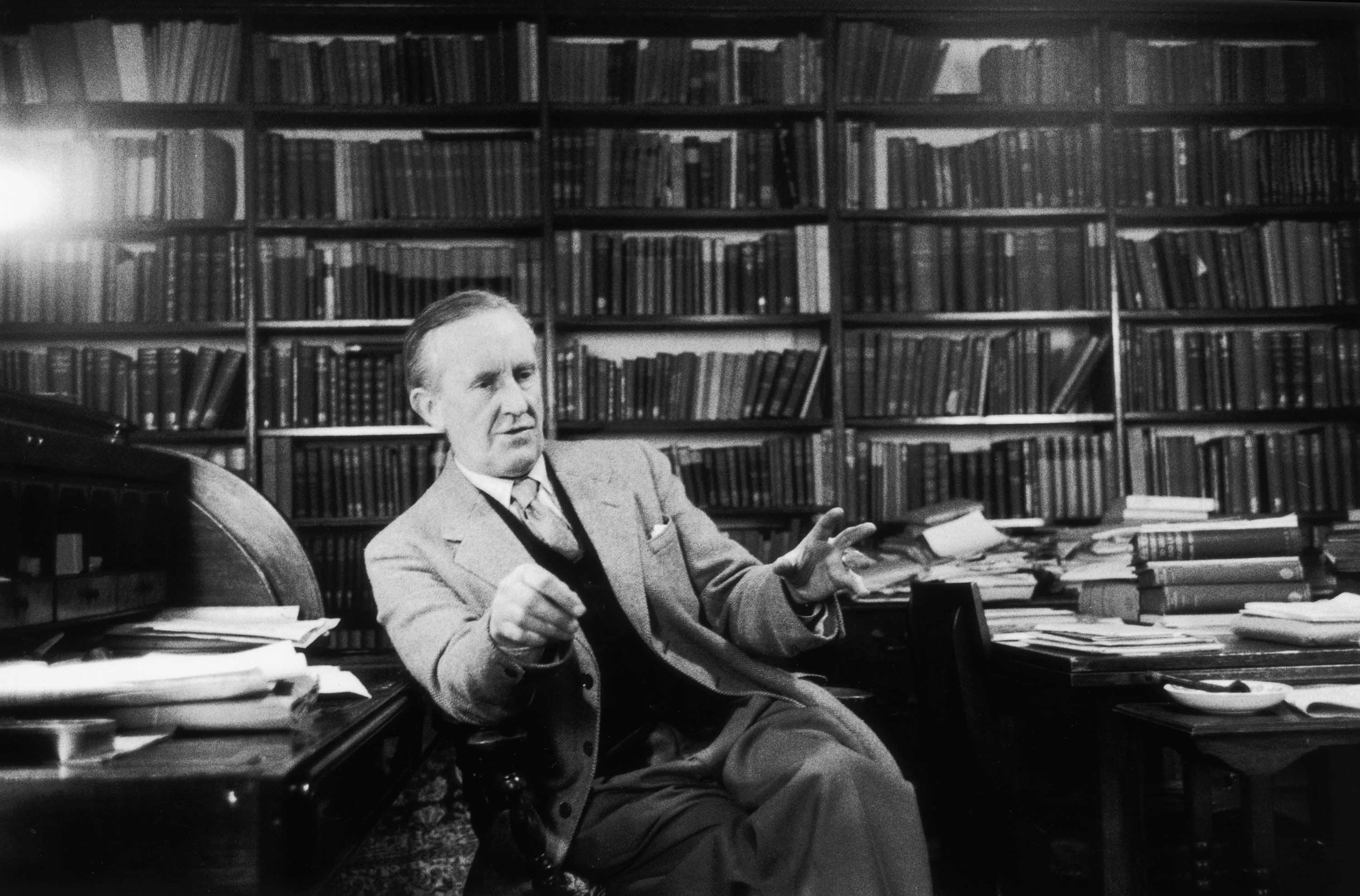
Likewise, because it is based on predictive modelling, it cannot create new connections between things where they haven't already been linked. One of the major early concerns being bandied around about ChatGPT is that university students might use it to produce a dissertation or thesis in a few minutes. And whilst it might be able to regurgitate other people's theses and present them in an extremely fluent and almost undetectable manner, it would not be able to create a genuinely new idea.
For example, it might be able to tell you that the son of Mercia's King Penda was called Merewalh. It might be able to tell you that the name means illustrious Welshman. But it would not be able to point out that it's highly unusual for an Anglo-Saxon king to give his son a Brittonic name if no human had ever thought about it - and written about it – before.
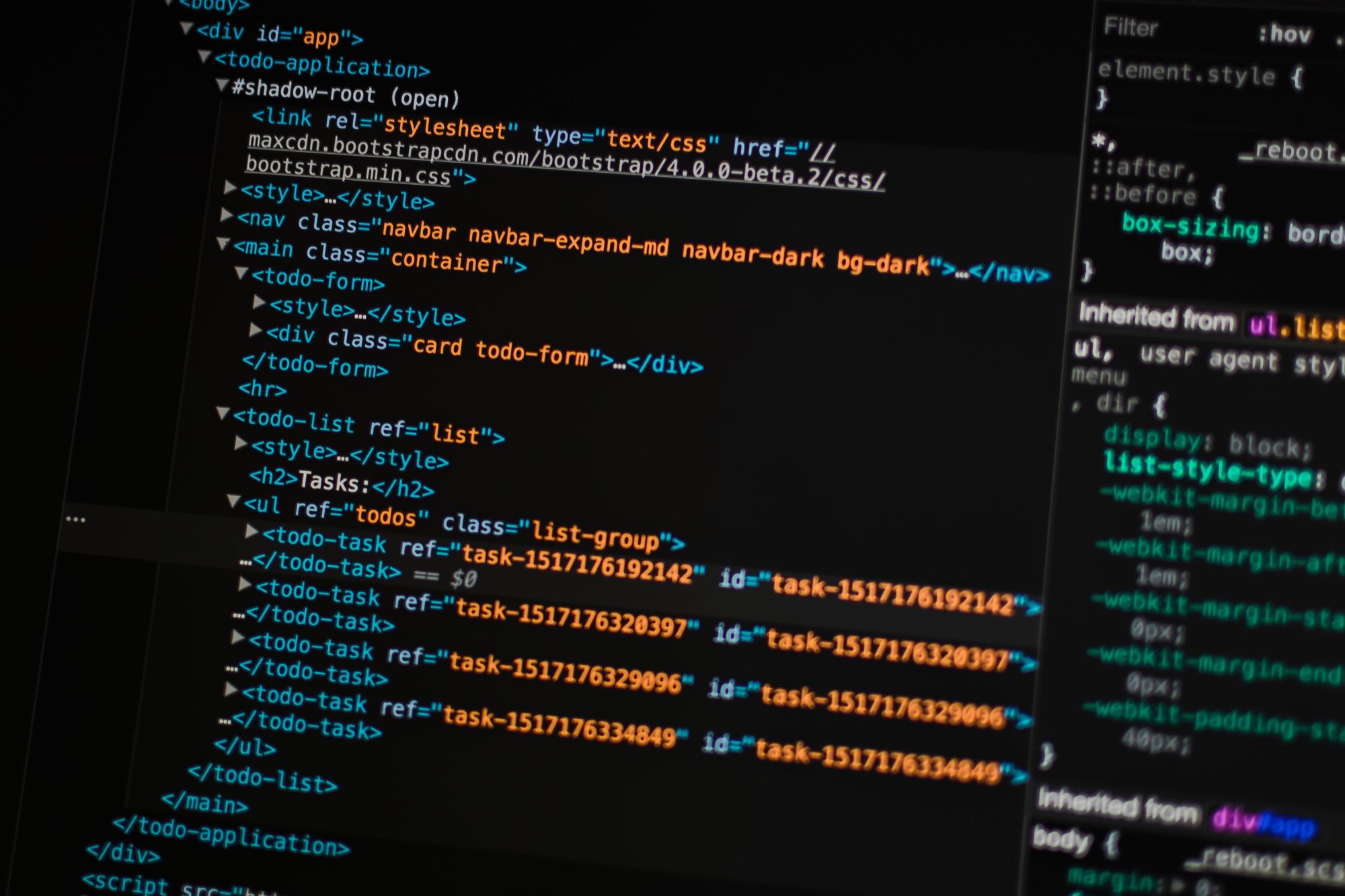
It's been said that if you had an infinite amount of monkeys and an infinite amount of typewriters, they would eventually write the entire works of Shakespeare. Assuming they hadn't been written/analysed, ChatGPT could not. Human writers (and indeed infinite monkeys and infinite typewriters) introduce a certain amount of unpredictable chaos into the creative process. They might make mistakes that they decide improve the works creatively, and decide to keep them in place. They might invent something totally new, like Tolkien inventing the Quenya or Sindarin languages. Chat GPT cannot do this.
For those of you still with me after that little journey into the historical and the hypothetical, the important point is that it is no replacement for human ingenuity and creativity. At least not yet. For as long as that's the case, good writers have no reason to be concerned. The technology is a long, long way away from replacing genuine human creativity and invention.
There's also a looming question of legality. OpenAI are in the rather fortunate position of having flown under the radar until now. But if their products get adopted en masse then there will be legal challenges. Since the current model is predictive and based on existing works, there's a reasonably high chance of plagiarism and/or copyright infringement. If someone asks the system to write a song in the style of – for example – Eminem, and then records and releases the AI-generated song, there will surely be legal challenges from the original creatives and copyright holders. The only way the system could have produced the work is by having used Eminem's material as a base. The real Slim Shady may well stand up.

Likewise, platforms such as Midjourney which are producing some genuinely incredible artwork are drawing inspiration from the creative works of human artists. Because these AI platforms aren't crediting any of the inspirations for the work, it's possible that someone could produce a book of their AI-generated art – entirely inspired by the labour of genuine, human artists – and gain financially from that book. None of the original artists receive any compensation. If that inspiration is clear and difficult to contest, you get into some murky legal ground.
None of this has yet been tested in courts, of course, and it's likely it will take a very long time to get there, but it will end up in court.
Whilst the creative profession may breathe a small sigh of relief for now, are ChatGPT and systems like it here to stay? Might they truly be the future?
Well, they're certainly here to stay, and they're almost certainly a big part of the future. And, on a personal note, I get it. I found the Midjourney platform in particular to be hugely liberating. As someone who cannot draw (at all!), but is very visual in terms of how I think, the ability to see the ideas in my head generated in sixty seconds before my eyes was utterly brilliant. In that context alone, you can see why these tools will be popular.
We must also remember that what we're looking at today is a technology in its infancy. Google has been investing heavily in artificial intelligence for years (although they're said to have hit the panic button in response to ChatGPT). Microsoft have invested in the ChatGPT technology itself. Meta, by the way, are still trying to make everyone's Metaverse emojis have virtual legs, but I think we can safely ignore their antics for now.
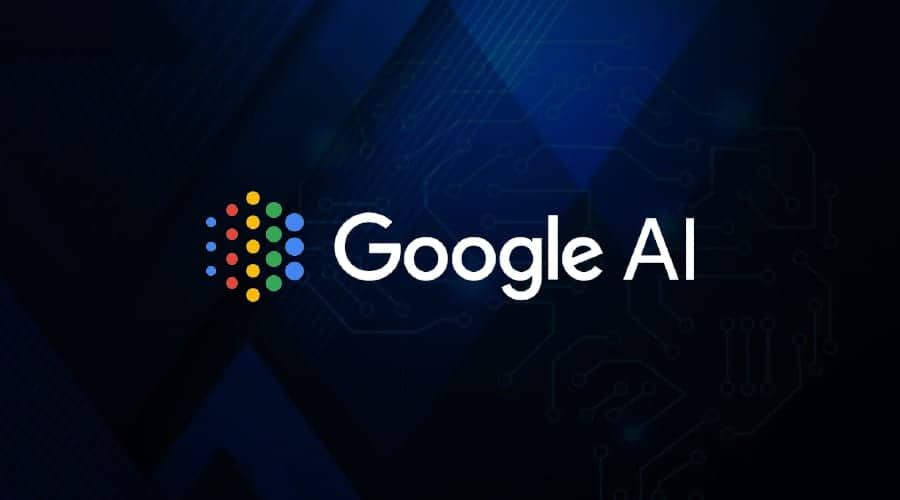
These companies know that artificial intelligence is the next major technology game changer, and seeing the early iterations of technologies like ChatGPT and Midjourney, it's easy to see why they've invested heavily. The new technologies will likely become evermore intertwined with the systems we're using today. Microsoft are already working on integrating the GPT technology into Bing. Google have supposedly redirected a large number of engineers from other projects to work on their own artificial intelligence programs effective immediately because they fear a ChatGPT-powered search/information retrieval system could be a genuine challenger to their proposition. Google haven't really faced an existential threat in the last two decades. Anything that makes one of the world's most stable and lucrative companies ring the alarm bells is worth watching.
It's important to remember that this isn't the first time that this has happened. When Google itself launched in the late 1990s, no one could have predicted how enormous and successful it would become. It is one of the few tech companies whose names have entered our daily vocabulary as a verb. It has changed how we discover new information totally and forever. I'm quite sure similar panicked conversations were being held at publishing houses around the world twenty years ago as are being held at Google today. Something has arrived that could fundamentally restructure an entire industry. If ChatGPT could present you with a 100% accurate answer to your query without the need to even visit another website – or search the web at all – your Google search would be redundant.
Imagine a world where you could sit down on the sofa and instead of trawling through Netflix for a comedy movie you've not seen a million times, you could ask the TV to show you the kind of film you'd like to watch. "A comedy, please, starring Jason Bateman and Jennifer Aniston, written in the style of The Hangover triology and directed in the style of Rian Johnson." Sixty seconds later, your original (ish) movie is filmed, edited and ready to go. Leaving aside a whole plethora of legal and commercial issues, the technology will exist to do this. That's a scary thought.
Whatever happens, the early iterations of this technology have arrived and they're here to stay. The coming months and years promise to be absolutely fascinating as the platforms evolve, some big players in Silicon Valley stare ominously at what's coming over the hill, and when the inevitable legal challenges begin to arrive. Of course, inevitably, they'll also have to work out how to monetise the whole thing. Your university thesis may be generated in four seconds, but you'll have to sit through five minutes of some crypto-scammer imploring you to follow his guide to investments.
Ah, technology. You can't beat it.

